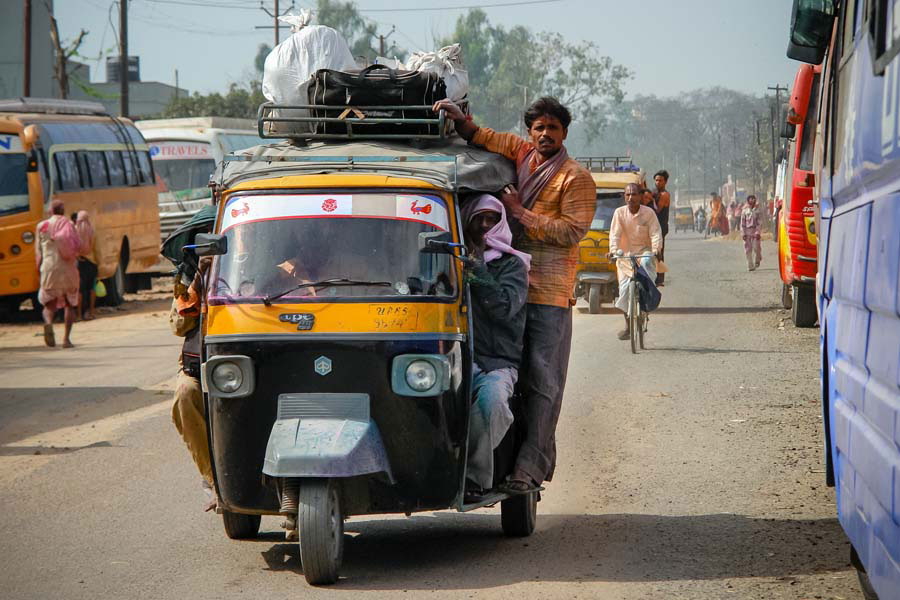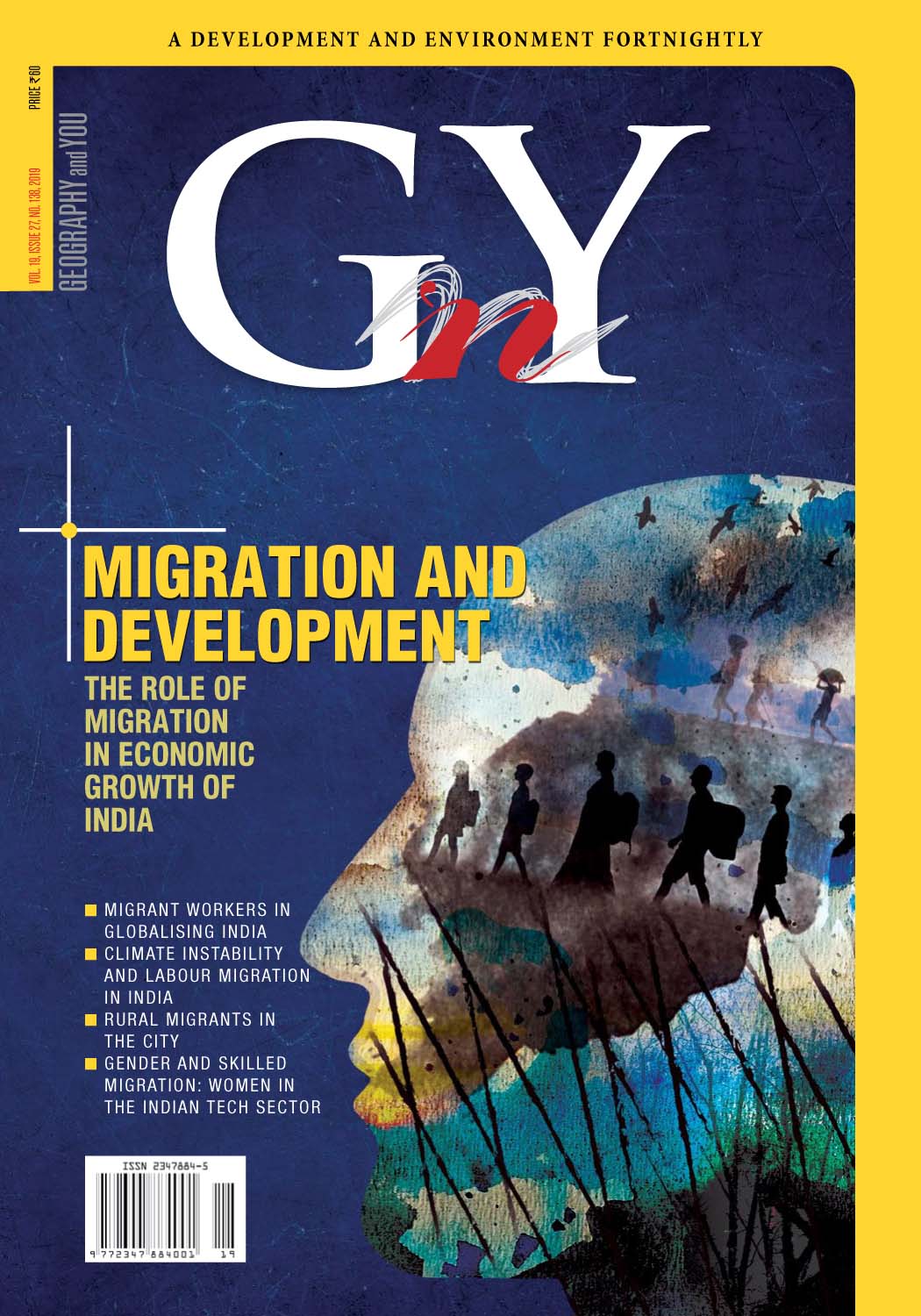
Expert Panel
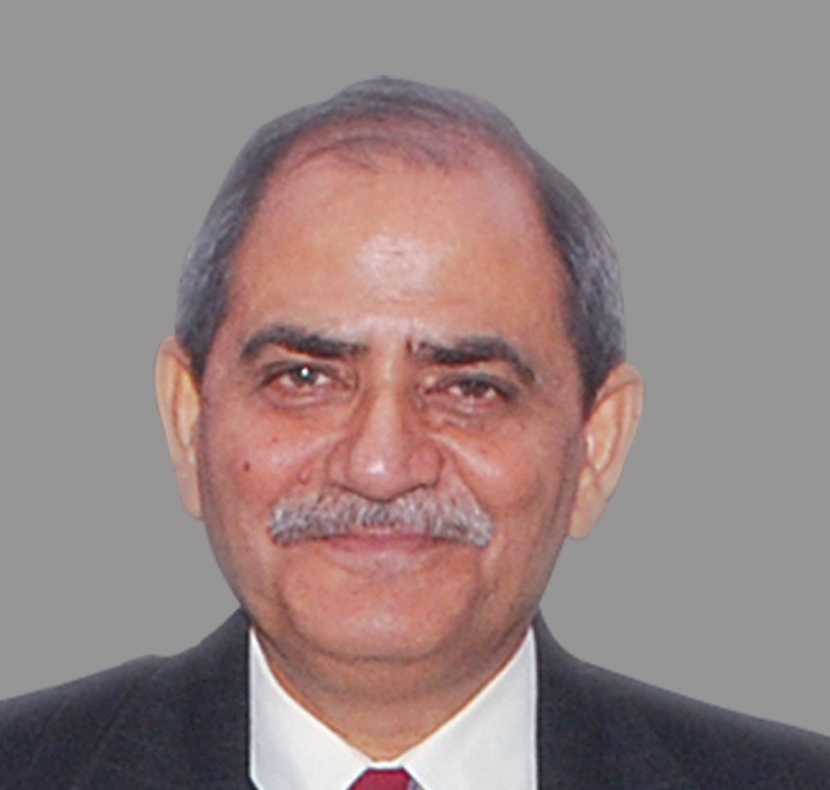
Geologist and Secretary General, 36 IGC, New Delhi.

Former Professor, Jawaharlal Nehru University, New Delhi
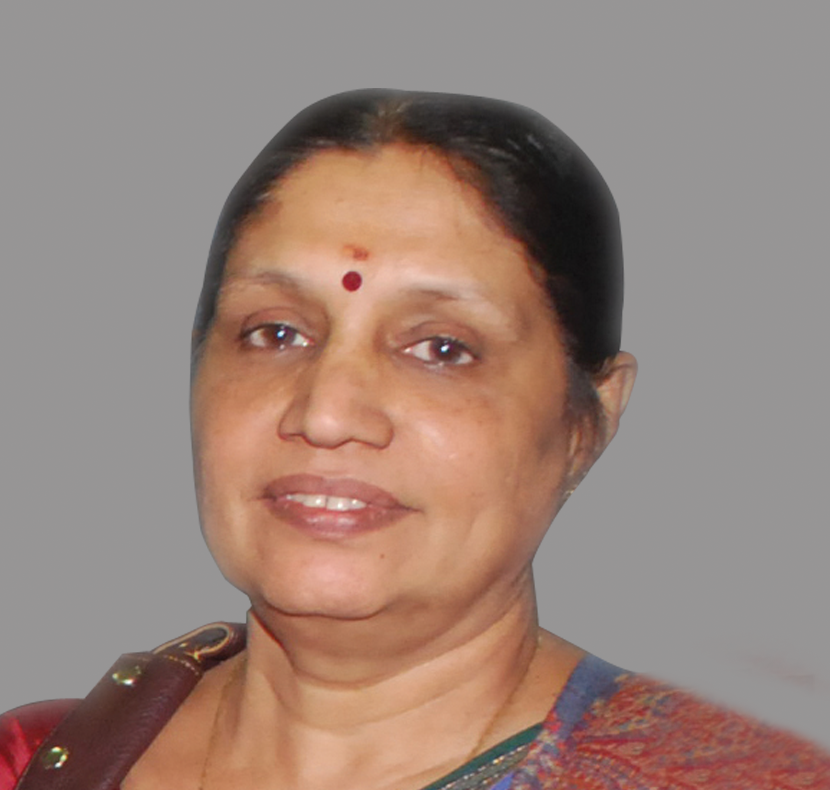
Former Chairperson, National Biodiversity Authority, Chennai.
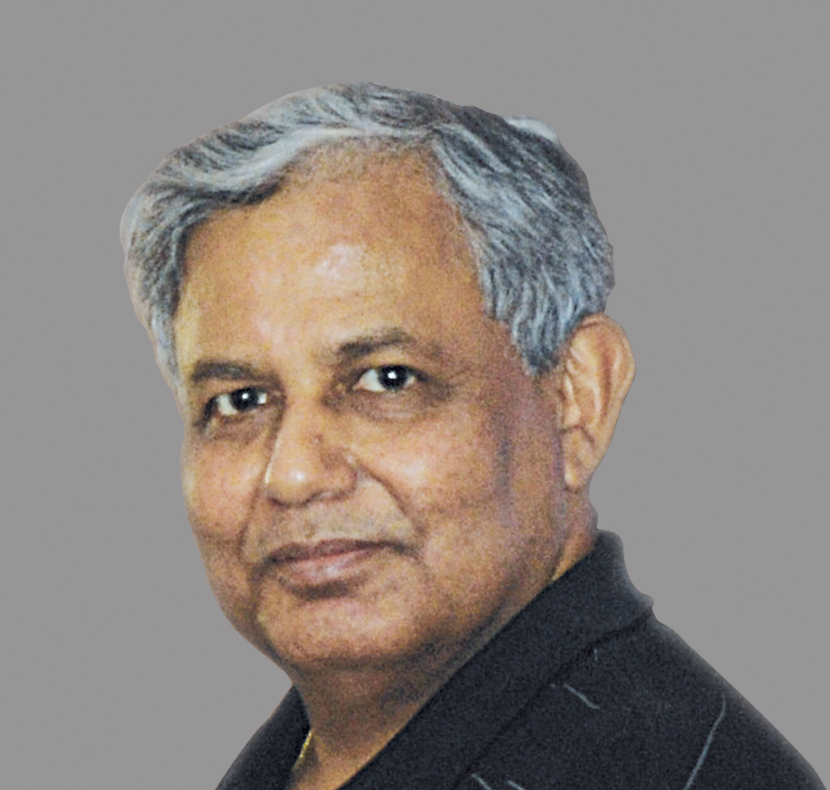
Former Vice Chancellor, MG Kashi Vidyapeeth, Varanasi
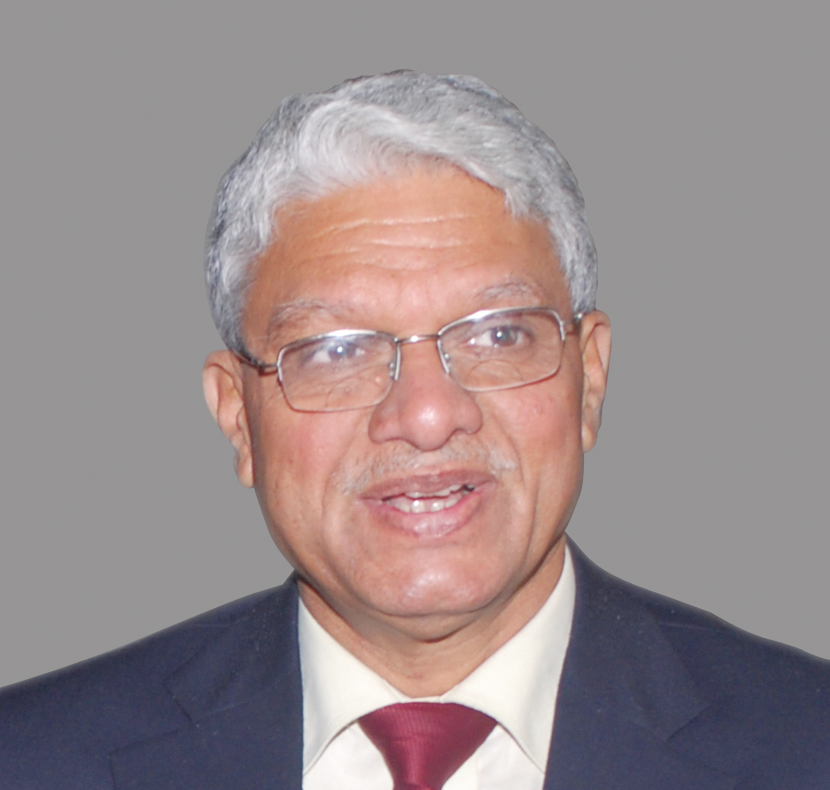
Air Vice Marshal (Retd) Former DG, India Meteorological Department (IMD), New Delhi
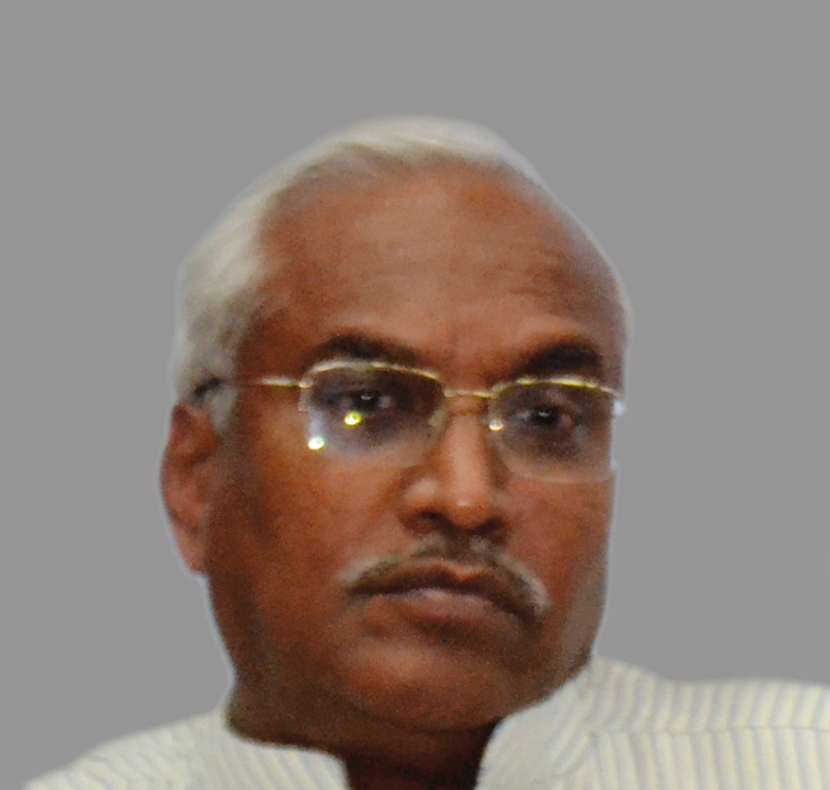
Former Director General, India Meteorological Department (IMD), New Delhi.
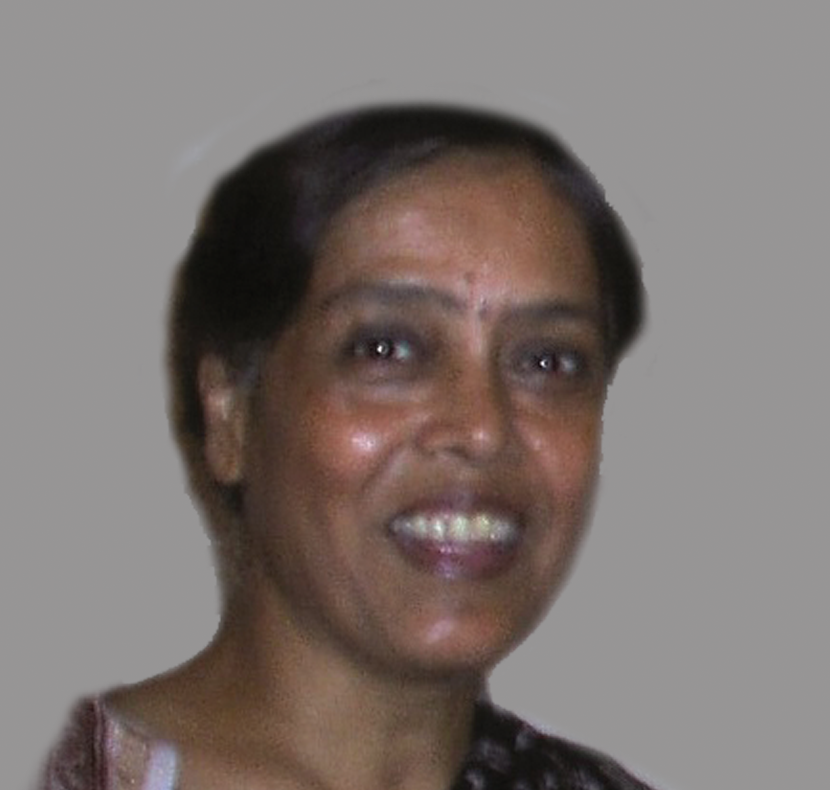
Former Professor, CSRD, Jawaharlal Nehru University, New Delhi.

Former Member Secretary, Central Pollution Control Board, New Delhi.
Inside this issue
Migration and Development
Contrary to the widely held anticipation that post-reforms economics would give rise to significantly higher levels of migration within India, the initial post-reforms period did not witness a massive increase in the extent of migration. The 2001-2011 decade however, sees a substantial increase.
Climate-induced migration has put new emerging challenges for labour administration. Pre-existing regional inequalities, prevailing poverty levels, scattered and partial nature of existing labour laws, etc. alert us about further worsening of the vulnerable conditions of climate migrants.
Rural migrants in urban India contribute to economic growth and development. Yet, they remain marginalised and are particularly vulnerable in certain contexts. It is argued that migrants’ contribution to economic and national development be acknowledged and inclusive policies that support migrants’ right to the city, decent work and dignity be in place.
Millions of people migrate, within and outside their country, to widen their livelihood prospects. The movement is central to the upliftment of living standards for migrants and their families. Using the Kerala Migration Survey (KMS), 2018, this study attempts to examine the relationship between migration and upward mobility.
The author argues for the deployment of humanitarian philanthropy which a trans-South Asian can exhibit to support sustainable development in the countries of their origin particularly to achieve the Global Compact for Migration (GCM) objective through contributions in the fields of education and health.
Who goes abroad and why? The impact of going abroad for international assignments is usually gendered. While women make up nearly 35 per cent of the labour force in the Indian tech sector, a proportionally smaller group takes up international assignments. In this article, we draw on our findings to highlight who this group is, how the nature of work and migration is gendered and how it impacts women’s long-term career prospects within the Indian tech sector.
IN CONVERSATION WITH
PC Mohanan, former Chairperson of the National Statistics Commission, discusses the relevance of recording migration through different data sources and offers solutions for creating better documentation practices.
In brief
Migrant contributions to the economy Migration is the key to development. Migrant workers are more willing to take on low paid, low skilled jobs that entail long hours of engagement as opposed to resident populations. They use little of the destination areas resources, with limited access to basic
Policy on migration needed in India Migration involves differentiated patterns. On one hand, migrants may have better lives at destination—on the other, they may not be particularly better off when compared to the host population. Such variations are because of differential levels of educational

